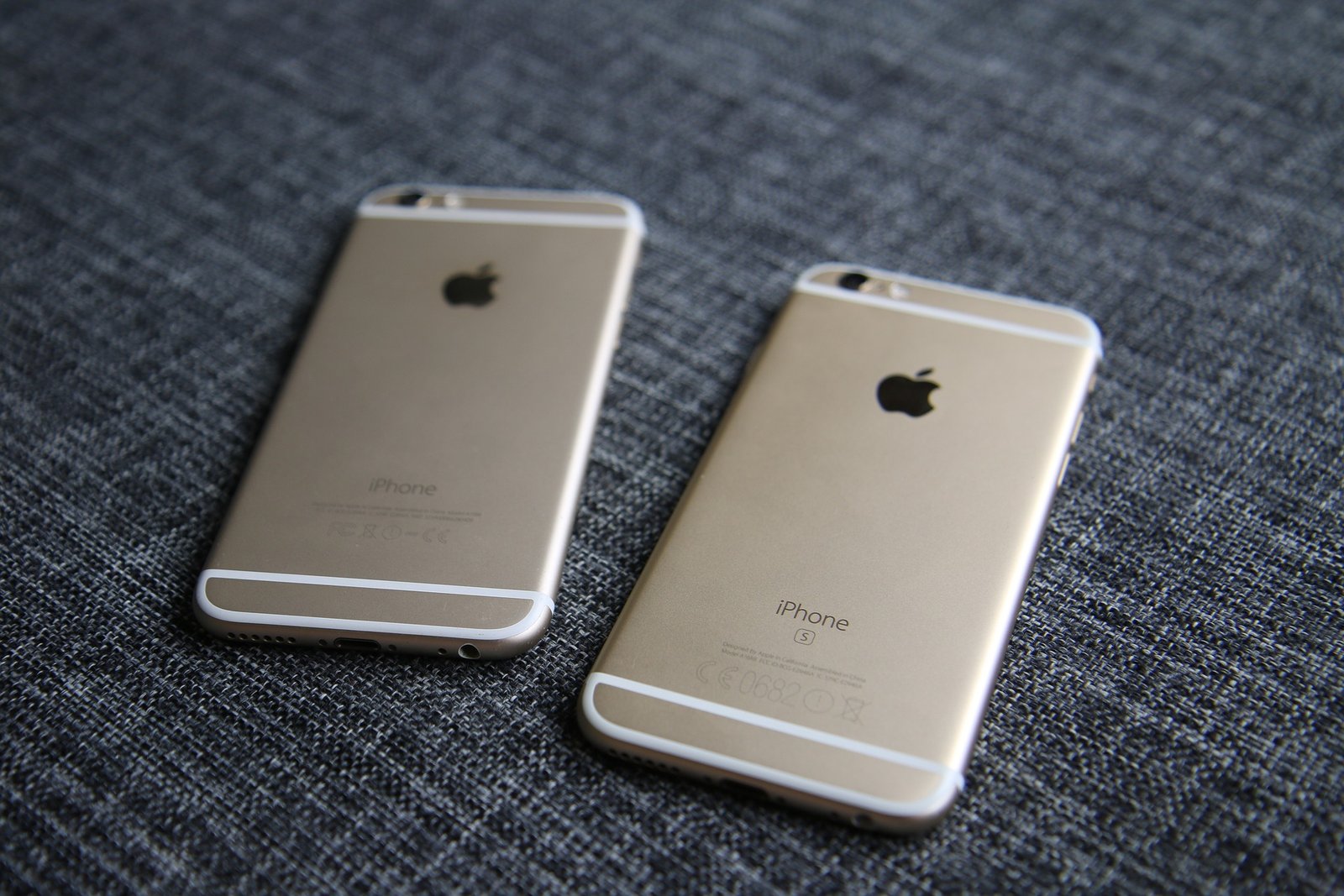Apple slows the pace of trading even as its tech peers advance

Apple Inc., which used to acquire a company every three or four weeks, has dramatically slowed its deals over the past two years, a sign the tech giant is getting tougher in the face of a shaky economy and heightened government scrutiny.
The company spent just $33 million on acquisition-related payments in its last fiscal year and $169 million in the first nine months of the current year, according to regulatory filings. That’s less than $1.5 billion in fiscal year 2020.
Apple is famous for avoiding the kind of blockbuster acquisitions that have attracted its Silicon Valley peers. But the company has spent much of its history buying up promising startups, some of which formed the basis for popular features like Siri and Face ID. Last February, CEO Tim Cook noted that Apple had acquired 100 companies in the last six years, more than one per month on average.
That flow of deals has slowed to a trickle. Apple only made two known acquisitions in 2022: UK-based startups Credit Kudos and AI Music. The first of those two companies developed technology for calculating credit scores, which will likely help Apple’s efforts to build its own infrastructure for financial products. The latter business used artificial intelligence to generate custom music.
Apple’s only known acquisition of 2021 was the purchase of Primephonic, a classical music streaming service.
Those numbers don’t take into account content spending for Apple TV+, including purchased shows and distribution deals for Major League Baseball and Major League Soccer, but stand in contrast to recent big bets made by other tech giants.
Microsoft Corp. agreed to buy Activision Blizzard Inc. in January for about $69 billion. Alphabet Inc.’s Google will buy Mandiant Inc. for $5.4 billion. And Amazon.com Inc. agreed last week to acquire IRobot Corp., the maker of the Roomba vacuum cleaner, for $1.65 billion.
Of course, Apple has plenty of money to spend if it wants to join the party. He ended last quarter with $179 billion in cash and marketable securities, and could move quickly if he decides to make a deal. Cook attended last month’s Sun Valley Conference in Idaho, a popular venue for negotiating mega-mergers. For now, though, the company has chosen to put money into share buybacks and dividends.
Apple declined to comment on its acquisition strategy.
Despite the fact that technology deals are multiplying, they are subject to more regulatory pressure than before. Like other companies, Apple added language to its annual report last year noting that acquisitions face more risk now. That includes “failing to obtain required regulatory approvals in a timely manner or at all, or imposing onerous conditions,” the company said. Government scrutiny has only grown since then, and Apple has come under fire for its practices on the App Store and its reluctance to open up the iPhone’s tap-to-pay feature to outside services.
Other tech giants are also under the microscope. In July, the Federal Trade Commission sued Meta Platforms Inc. to stop its acquisition of Within, the developer of a fitness app for virtual reality headsets. In February, Nvidia Corp. pulled out of what would have been the largest chip deal in history after the FTC sued to block it.
In a 2021 report, the FTC said that five of the largest tech companies — Alphabet, Apple, Amazon, Microsoft and Meta — had acquired hundreds of smaller companies over the past decade, often relying on loopholes to avoid notifying consumers. antitrust regulators over the deals.
Apple is also looking to rein in spending next year, which could make mergers and acquisitions even more difficult. The Cupertino, California-based company is cutting hiring and spending in some departments, Bloomberg reported last month. More recently, Cook said that Apple will be more “deliberate” in its spending in the short term.
Key parts of Apple, like its chip division, the multi-touch technology behind the iPhone and iPad, and the operating systems at the heart of all of its products, grew out of acquisitions. More recent deals helped lay the groundwork for the company’s weather, music and news services.
To date, Apple’s biggest acquisition remains its $3 billion acquisition of Beats Music and Beats Electronics in 2014. Over the years, analysts and investors have dreamed of more ambitious deals, like Apple buying Netflix. Inc., Tesla Inc. or Electronic Arts Inc.
The company reshuffled its management ranks in 2019 so that Apple’s mergers and acquisitions chief, Adrian Perica, reports directly to Cook, a move investors took as a sign of big-money deals to come. The company spent more than $600 million on small deals that year and agreed to buy Intel Corp.’s wireless chip business for $1 billion, but a massive buyout never happened.
During Apple’s last two earnings calls with analysts, Cook was asked about spending on acquisitions. He maintains that the company is on the prowl, but that it will not just make a purchase to boost revenue. Apple wants talent or technology to help its strategy, he said.
During the call in April, Cook said he wouldn’t rule out doing a bigger deal if the right opportunity arose. “I don’t want to go through my list with you on the phone, but we’re always looking.”






